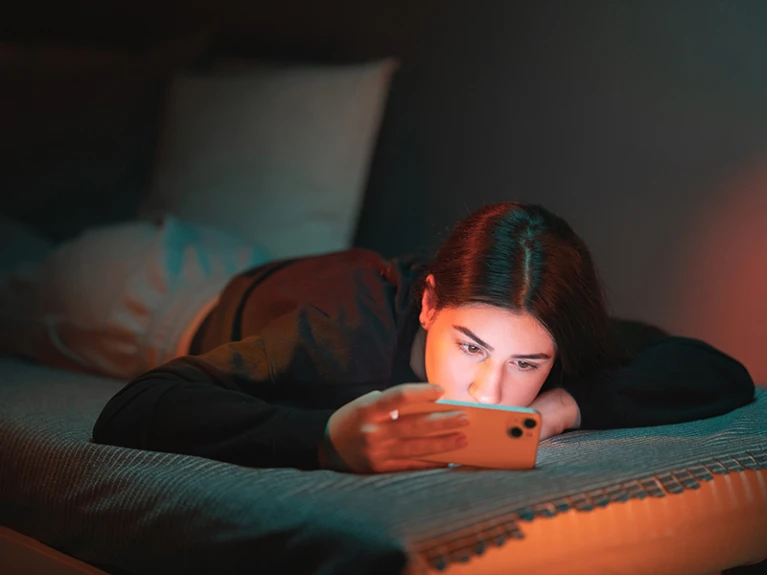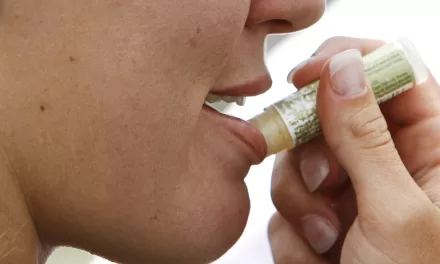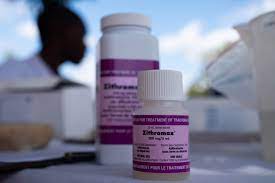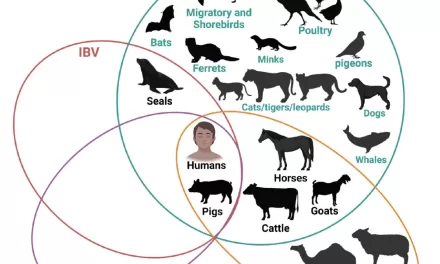A recent survey has highlighted a concerning trend: a significant portion of Gen Z relies on TikTok for health information, despite the platform’s proliferation of health-related misinformation. The survey, conducted by the personal trainer app Zing Coach, revealed that 56% of Gen Z users turn to TikTok for health and wellness advice. For one in three, TikTok is their primary source of health knowledge.
The Influence of TikTok on Health Decisions
The survey also revealed troubling statistics about the consequences of following health advice from TikTok. One in eleven Americans reported experiencing health issues after following advice found on the platform. This highlights the potential dangers of relying on unverified information from social media influencers.
Dr. Katrine Wallace, an epidemiologist and assistant professor at the University of Illinois Chicago, has witnessed the impact of misinformation firsthand. During the COVID-19 pandemic, she began creating educational videos on social media to provide accurate information and ease fears. Her TikTok account now boasts over 280,000 followers, and she continues to debunk misinformation while promoting reliable sources like the CDC and public health departments.
“There is a flood of bad information out there put out by people trying to sell stuff online,” Wallace told Healthline. “I try to point people to credible sources.”
Misinformation and Its Consequences
The ease of access to health information on TikTok comes with a significant risk. Zing Coach’s survey found that one in three users do not double-check the health advice they receive from the platform. Furthermore, one in ten users believe that a high number of likes or followers makes an influencer trustworthy, regardless of their professional background.
Dr. Aaron B. Zimmerman, an optometrist and associate professor at The Ohio State University, recounted a case where a patient suffered permanent retinal damage after following a TikTok video that endorsed staring at the sun for health benefits. This case exemplifies the severe consequences that can arise from following dangerous advice.
Accountability and the Role of Influencers
The survey also revealed that 63% of people believe TikTok creators should be held legally accountable for the accuracy of their health advice. However, enforcing such accountability is challenging. Section 230 of the Communications Decency Act protects service providers and individuals from being held liable for content posted by others. Wallace argues that this legislation, passed in 1996, needs to be updated to reflect the current digital landscape.
“Platforms have no incentive to [take action] because they make money the more things go viral and the more they keep engagement going,” Wallace said.
Despite these challenges, experts like Wallace and Zimmerman believe that combating misinformation requires producing and promoting evidence-based content from reputable sources.
Seeking Reliable Health Information
For those seeking health information on social media, it is crucial to verify the qualifications of influencers and cross-check their advice with credible sources. Look for professionals with recognized qualifications, such as MDs, PhDs, or reputable certifications from organizations like the International Sports Sciences Association (ISSA) or the National Academy of Sports Medicine (NASM).
“When I’m talking about something, I always try to share an article that I’m referring to. I try to make sure that people know it is evidence-based from a reputable source,” Wallace emphasized.
In conclusion, while TikTok has become a go-to source for health information for many Gen Z users, the prevalence of misinformation poses significant risks. Users must exercise caution, verify information from credible sources, and consult with healthcare professionals before making any health decisions based on social media content.












